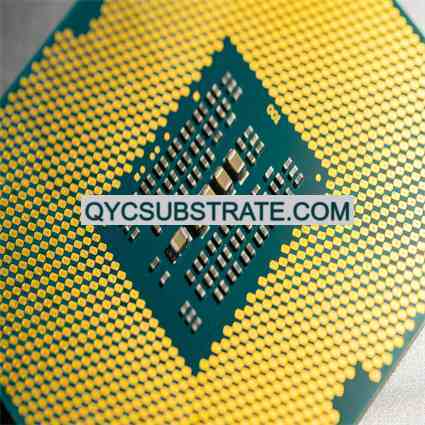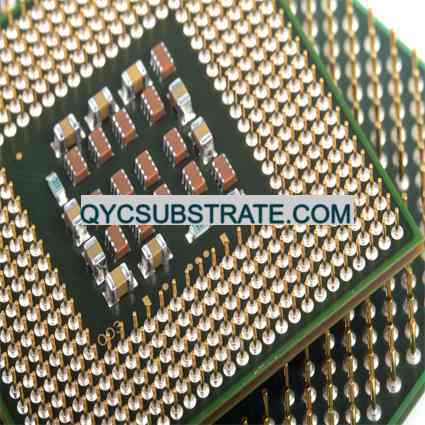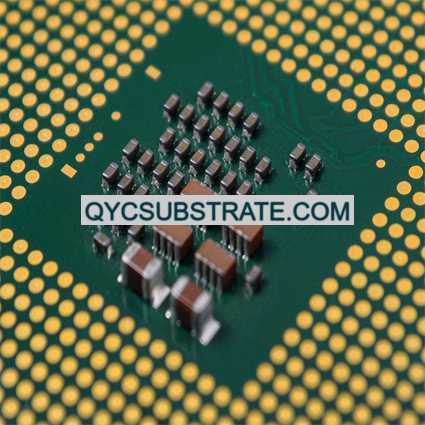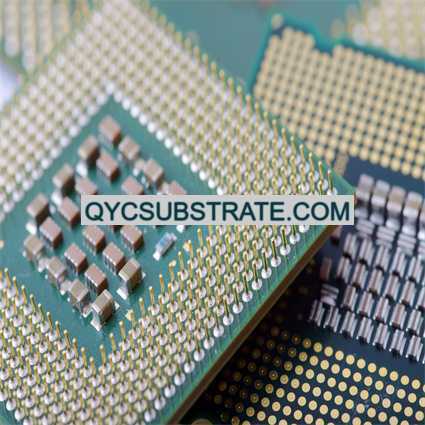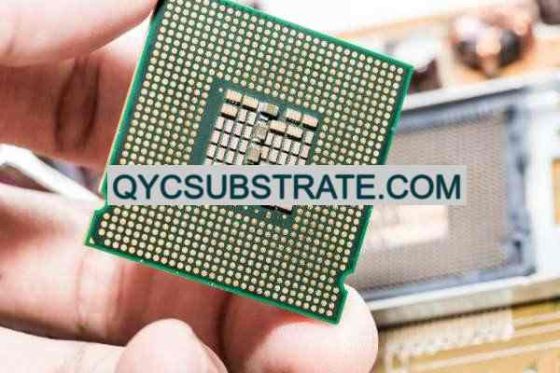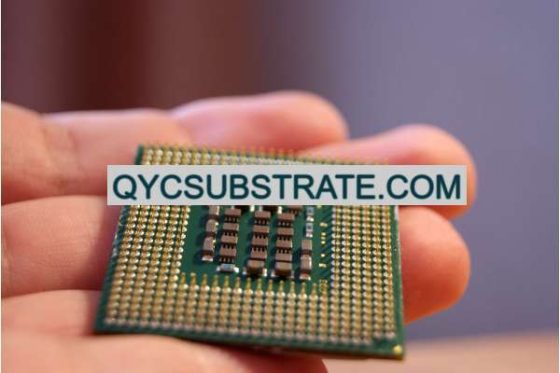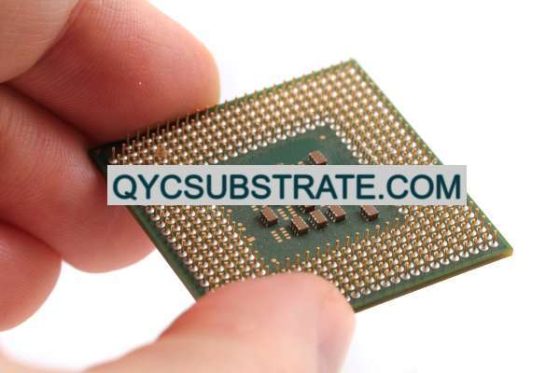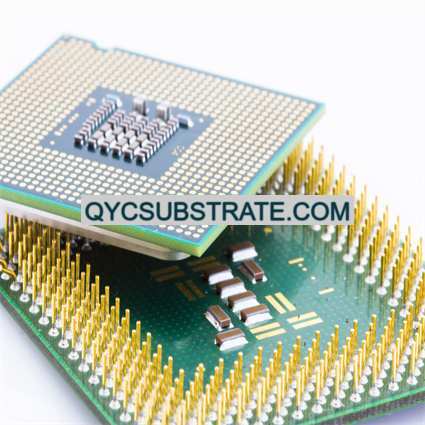What is TU-933+ PCB?
TU-933+ PCB Manufacturer.TU-933+ PCB Manufacturer specializes in producing high-performance printed circuit boards using the advanced TU-933+ material. Known for its excellent thermal stability and electrical insulation, TU-933+ is ideal for demanding applications such as telecommunications, 航宇, and high-speed computing. Our manufacturing process ensures precision and reliability, delivering PCBs that meet rigorous industry standards. With a commitment to innovation and quality, we provide solutions that enhance the performance and durability of electronic devices.
TU-933+ PCB is a high-performance printed circuit board material developed by Taiwan Union Technology Corporation (TUC). This material is engineered for high-frequency and high-speed applications, offering superior electrical properties, thermal stability, and mechanical strength. TU-933+ is recognized for its low dielectric constant (DKの) and low dissipation factor (Dfの), which make it ideal for applications requiring high signal integrity and minimal signal loss.
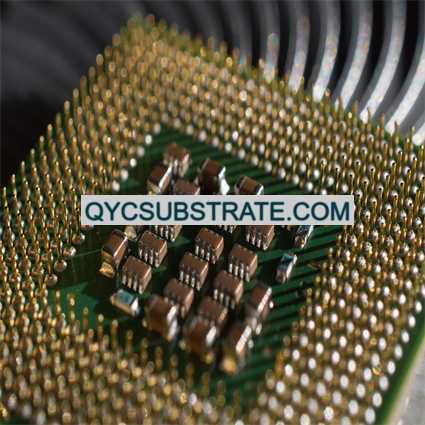
TU-933+ PCBメーカー
TU-933+ プリント基板 are commonly utilized in telecommunications, データセンター, automotive electronics, and other advanced electronic systems. The material’s low Dk (approximately 3.5) and low Df (around 0.002) ensure excellent performance at high frequencies, while its high glass transition temperature (Tgの) of 200°C provides robust thermal performance.
The Types of TU-933+ PCB
TU-933+ PCBs come in various types and configurations to meet different application needs:
Single-Layer TU-933+ PCBs: これらは、アンテナや低ノイズアンプなどの単純な高周波回路に使用されます. 費用対効果が高く、製造が簡単です, making them ideal for specific applications where complexity is minimal.
Multilayer TU-933+ PCBs: These boards consist of multiple layers of conductive material separated by insulating layers. 多層PCBは、複数の高周波回路をコンパクトなスペースに統合する必要がある、より複雑なシステムで使用されます, 高度な通信デバイスやデータ処理システムなど.
Hybrid TU-933+ PCBs: Hybrid boards combine TU-933+ materials with other types of laminates to achieve specific performance characteristics. このアプローチにより、設計者はPCBのさまざまなセクションを最適化して、高周波性能とコスト効率を実現できます.
Flexible TU-933+ PCBs: フレキシブルPCBは、設計の柔軟性を提供し、PCBを曲げたり折りたたんだりする必要があるアプリケーションで使用されます, 航空宇宙など, 医療機器, およびウェアラブル電子機器. これらは、動的な環境で信頼性と高性能を提供します.
The Advantages of TU-933+ PCB
TU-933+ PCBs offer several significant advantages for high-frequency and high-speed applications:
低誘電率と低誘電正接: The low Dk and Df values of TU-933+ ensure minimal signal loss and distortion, 非常に高い周波数でも高いシグナルインテグリティを維持.
高い熱安定性: 200°Cの高Tgで, TU-933+ materials provide excellent thermal performance, 大きな熱ストレスを受けるアプリケーションに適しています.
優れた信頼性: TU-933+ PCBs offer robust mechanical properties and chemical resistance, 過酷な動作環境での長期的な信頼性と耐久性を確保.
高密度インターコネクトとの互換性: TU-933+ materials support the fabrication of high-density interconnects (HDIの), 高度な電子デバイス向けのよりコンパクトで複雑なPCB設計を可能にします.
シグナルインテグリティの向上: The materials used in TU-933+ PCBs are optimized for high-speed signal transmission, 信号の減衰とクロストークの低減, これは、高性能アプリケーションにとって重要です.
How to Design a TU-933+ PCB?
Designing a TU-933+ PCB involves several key steps and considerations to ensure optimal performance:
Choose the appropriate thickness and dielectric properties of TU-933+ materials based on the specific application requirements. この選択は、回路の性能と安定性に直接影響するため、非常に重要です.
伝送ラインのインピーダンスを正確に制御して、シグナルインテグリティを確保します. 電磁界シミュレーションソフトウェアを使用して、PCBトレースのインピーダンスをモデル化および検証します.
高周波信号パスの長さを最小限に抑えて、信号損失と干渉を低減. 高速差動信号に差動ペアルーティングを採用して、クロストークと電磁干渉を最小限に抑えます.
堅牢な接地および配電ネットワークを設計して、安定した動作を確保し、ノイズを最小限に抑えます. グランドプレーンを利用して、リターン電流用の低インピーダンスパスを提供.
効果的な熱管理戦略を取り入れる, サーマルビアやヒートシンクなど, ハイパワー部品から発生する熱を放散し、安定した動作を維持するため.
PCB設計が標準的な製造プロセスと互換性があることを確認します. PCBメーカーと緊密に連携して、設計パラメータと製造能力を確認します.
Why Use TU-933+ PCB Over Other Boards?
Choosing TU-933+ PCB over other types of PCB materials offers several benefits, 特定のアプリケーションに適した選択肢となっています:
The low dielectric constant and low dissipation factor of TU-933+ materials make them excellent for high-frequency and high-speed digital applications, 信号損失を最小限に抑え、高い信号忠実度を確保.
TU-933+ materials can withstand high temperatures without degrading, 大きな熱ストレスを受けるアプリケーションに適しています.
TU-933+ PCBs offer superior mechanical strength and chemical resistance, 過酷な環境下でも長期的な信頼性と耐久性を確保.
TU-933+ materials support various PCB configurations, 単層を含む, 多層, ハイブリッド, 柔軟な設計, 設計の柔軟性と最適化の向上を実現.
技術が進歩し、より高いデータレートと周波数に対する需要が高まるにつれて, TU-933+ PCBs provide a future-proof solution that can support emerging technologies and standards.
What is the TU-933+ PCB Fabrication Process?
The fabrication process of TU-933+ PCB involves several critical steps to ensure high performance and reliability:
Select and prepare the TU-933+ laminate material according to design specifications. 材料は必要な寸法にカットし、汚れを取り除くために洗浄する必要があります.
多層PCB用, 高温高圧下で個々の層をラミネートします. レイヤーの適切な位置合わせと接着を確認します.
設計レイアウトに応じたビアとコンポーネントリード用のドリル穴. 高周波信号の完全性を維持するためには、精密な穴あけが不可欠です.
ドリルで開けた穴とビアに銅をメッキして、レイヤー間に電気的接続を作成します. このステップにより、信頼性の高い信号伝送と機械的安定性が保証されます.
フォトリソグラフィーを使用して、回路パターンをラミネート材料に転写します. このプロセスでは、材料に感光性フィルムをコーティングします, マスクを通して紫外線を当てる, パターンの開発.
不要な銅をエッチングして、目的の回路パターンを明らかにします. このステップでは、正確でクリーンなトレースを確保するために、正確な制御が必要です.
表面仕上げを適用する, ENIGなど (無電解ニッケル浸漬金) または HASL (熱風はんだレベリング), 銅トレースを保護し、良好なはんだ付け性を確保するため.
電気試験と目視検査を実施して、PCBの性能と品質を確認します. これには、インピーダンス制御のチェックが含まれます, シグナルインテグリティ, そして全体的な機能性.
The Application of TU-933+ PCB
TU-933+ PCBs are used in various high-speed and high-frequency applications due to their superior performance and reliability:
TU-933+ PCBs are extensively used in wireless communication systems, 携帯電話を含む, 基地局, および衛星通信. 高速データ伝送と効率的な信号処理を可能にします.
データセンター内, TU-933+ PCBs are used in servers, ルーター, 高速データ処理と伝送をサポートするスイッチ, 信頼性と効率的な運用を確保.
TU-933+ PCBs are used in radar systems, 衛星ナビゲーション, 航空宇宙産業の通信機器. その優れた熱安定性と信頼性により、過酷な環境でも最適な性能を発揮します.
TU-933+ PCBs are employed in military communication systems, レーダー, および電子戦機器. 堅牢な構造と高性能により、ミッションクリティカルなアプリケーションに適しています.
TU-933+ PCBs are used in advanced driver-assistance systems (ADASの), レーダーセンサー, 現代の自動車における高速データ通信. 過酷な自動車環境でも信頼性の高い動作を保証します.
よくあるご質問(FAQ)
What are the main advantages of TU-933+ PCB?
主な利点には、誘電率が低いことが含まれます, 低誘電正接, 高い熱安定性, 優れた信頼性, 高密度相互接続との互換性.
What application areas are suitable for TU-933+ PCB?
TU-933+ PCBs are suitable for telecommunications, データセンター, 航宇, 軍, および自動車用途, とりわけ.
What is the difference between TU-933+ PCB and traditional FR-4 PCB?
TU-933+ PCB offers better signal performance, 信号損失の低減, 従来のFR-4 PCBと比較して、高周波および高速アプリケーションでの信頼性が向上しています, これは通常、低周波数で要求の少ないアプリケーションに使用されます.
What factors should be considered when designing a TU-933+ PCB?
考慮すべき要素には、材料の選択が含まれます, インピーダンス制御, 信号経路のレイアウト, 接地プレーンと電源プレーン, サーマルマネジメント, と製造可能性.
 QYC基板
QYC基板


